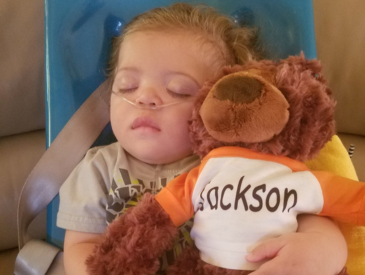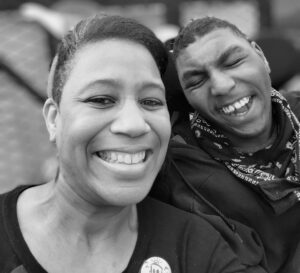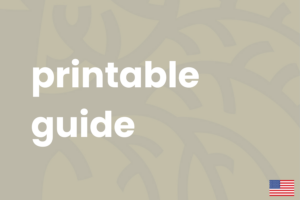Advance Care Planning
While it may feel overwhelming or scary to consider what may be ahead for your child, some families find that considering plans for future care allows for meaningful conversations and experiences to happen. Indeed, research has shown that families find these conversations helpful, and they do not regret having them even as they are difficult.

Your Team:
A mental health professional who uses therapy and other strategies to support coping and adjustment and treat concerns regarding social, emotional, or behavioral functioning.
A member of the clergy who is responsible for the religious needs of an organization and/or its constituents.
A mental health professional who specializes in bereavement and loss.
Specialized care for people whose prognosis is measured in months instead of years, and the desire is to focus on comfort.
A specialist whose aim is to improve the quality of life of their patients over the course of their illness regardless of stage, by relieving pain and other symptoms of that illness.
A medical professional who practices general medicine.
A trained professional who works with people, groups and communities to help them better their lives.
An individual who leads and/or guides individuals or groups coping with life experience and challenges.
A psychologist, social worker, chaplain and/or spiritual leader can help you, your co-caregiver, and other family members (including your child and siblings, if appropriate) to identify any fears, issues, and concerns, either together or separately. Your child’s primary physician, who likely knows your child and family well, can be an important resource in addressing your questions. A palliative care clinician or hospice team can support you and your child in processing strong emotions and attending to your family’s wishes. A grief counselor can be especially helpful before or after the death of your child.
Advance care planning (ACP) is a term for conversations, held with clinicians, that look ahead to treatment choices and goals of care for a child (or anyone who is ill or aging). ACP is related to your goals of care for your child and family. Some people think that ACP is just about medical orders for life-sustaining treatments, such as the Do Not Resuscitate (DNR) form or Physician Orders for Life-Sustaining Treatment (POLST). These forms are products of that planning (see below), but the planning itself is about conversations.
While it may feel overwhelming or scary to consider ACP, a small number of studies have shown that most caregivers find it helpful and do not regret it. Planning helps family members see that they have choices and some control. It can help parents feel they are being good advocates for their child. The studies have also shown that early conversations about goals are linked to better illness care, including improved quality of life and fewer hospitalizations, especially as the conversations help the clinical staff know how best to support the family’s wishes.
If your child is a minor (under 18 in the United States) and cognitively capable, you will want to know their wishes and include them in planning for their illness journey. If they are 18 years old or older and cognitively capable, they will be legally responsible for directing their advance care plan, most likely with your support.
– Katie K., clinician
Advance Directives and Medical Orders
You can always change these directives and orders, but it is important to have them and to make certain that they are up to date. If you don’t have them, ask your palliative or hospice care team or a social worker to explain them to you and to help you complete them. If you have them, make certain that they are easily accessible to medical staff. For example, you may keep them in binder and bring it with you if your child is admitted to the hospital; or keep them an easily accessible place in your home to show the emergency responders.
Involving Siblings
End of Life Considerations
Related Resources
-
 The road to DNR: Only when the situation called for it; timing is everything.video
The road to DNR: Only when the situation called for it; timing is everything.video -
 Supporting Your Family's Wishes: The Value of Advance Directives and Preparing for Complex Medical Decisionsevent
Supporting Your Family's Wishes: The Value of Advance Directives and Preparing for Complex Medical Decisionsevent -
 It’s tough to talk about end-of-life preparedness, but it’s part of what we have to go throughvideo
It’s tough to talk about end-of-life preparedness, but it’s part of what we have to go throughvideo -
 “I thought you’d never ask.” The Conversation(s): Why it matters, how it helps, who initiates ItBLOG
“I thought you’d never ask.” The Conversation(s): Why it matters, how it helps, who initiates ItBLOG -
 Things I Wish Providers Had Told Me: 7 Lessons Learned Raising my Differently-abled SonBLOG
Things I Wish Providers Had Told Me: 7 Lessons Learned Raising my Differently-abled SonBLOG -
 For him, not to himBLOG
For him, not to himBLOG -
 Supporting Families in Advance Care Planningguide
Supporting Families in Advance Care Planningguide -
 A cardiac heart failure MD: Having goals of care talks at non-crisis timesvideo
A cardiac heart failure MD: Having goals of care talks at non-crisis timesvideo